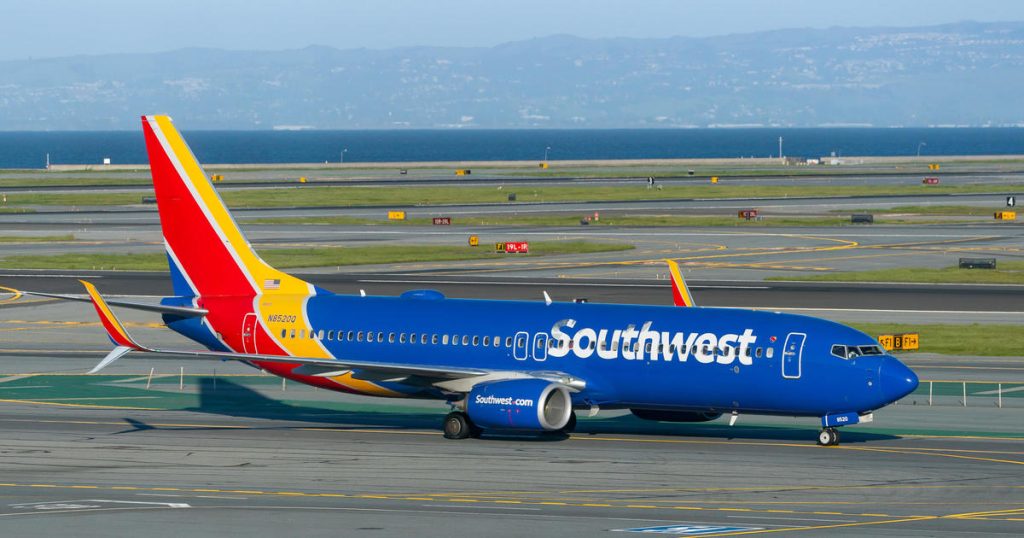Southwest Airlines is experiencing delays in receiving Boeing 737 Max 8 planes, resulting in a slower growth rate for the airline. As a response to the delays, Southwest CEO Bob Jordan announced plans to suspend service at certain airports across the U.S. The airline is seeking ways to cut costs in order to mitigate the financial impacts of the delays. One cost-cutting measure includes pulling out of “underperforming markets” and making significant changes to operations in other markets, such as George Bush International Airport, Bellingham International Airport, Syracuse Hancock International Airport, and Cozumel International Airport.
In addition to the service suspensions at certain airports, Southwest Airlines is also making adjustments to its flight schedules at Hartsfield-Jackson Atlanta International Airport and Chicago O’Hare International Airport. These changes are part of a larger strategy by airlines to withdraw from regional airports or cut unprofitable routes in order to save on labor costs and increase revenue. For example, JetBlue recently announced cuts to unprofitable routes and plans to exit two U.S. cities due to limited aircraft availability, allowing the airline to focus on its busiest routes. Southwest is exploring improvements such as cabin enhancements and seating options to enhance the customer experience.
The delays in Boeing aircraft deliveries have caused Southwest to reassess its financial goals and operational strategies in the coming years. With a reduction in expected 737 Max 8 planes in 2024, the airline is facing challenges in maintaining dependable flight schedules for its customers while striving to achieve its financial objectives. Southwest’s quarterly loss of $231 million highlights the financial impacts of the delays, prompting the airline to take immediate action to address the situation. CEO Bob Jordan emphasized the need for quick replanning to minimize the operational and financial consequences of the delays.
As a response to the Boeing delays and financial challenges, Southwest Airlines is taking proactive measures to optimize its operations and adjust its service offerings. By ending service at certain airports and modifying flight schedules in key markets, the airline aims to streamline its operations and reallocate resources to more profitable routes. The decision to withdraw from underperforming markets underscores Southwest’s commitment to cost-cutting and revenue optimization in the face of the Boeing aircraft delays. Additionally, the airline is exploring potential cabin and seating enhancements to enhance the overall customer experience and differentiate itself from competitors.
The aviation industry has been significantly impacted by Boeing aircraft delivery delays, leading airlines like Southwest to adapt their strategies and operations to navigate the challenges. The suspension of service at certain airports and adjustments to flight schedules reflect Southwest’s proactive approach to addressing the financial impacts of the delays. By focusing on cost-cutting measures, route optimization, and potential enhancements to its product offerings, Southwest is working to ensure its long-term success and stability in the midst of industry challenges. The airline’s ability to quickly adapt and respond to external factors like Boeing delivery delays demonstrates its resilience and commitment to delivering reliable and efficient service to its customers.


